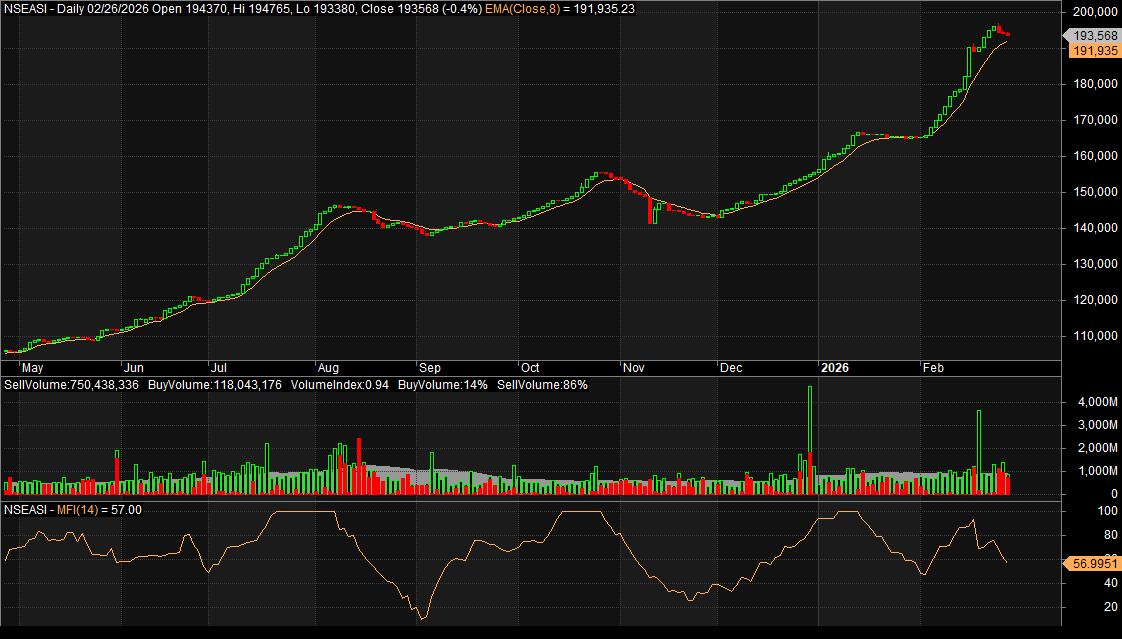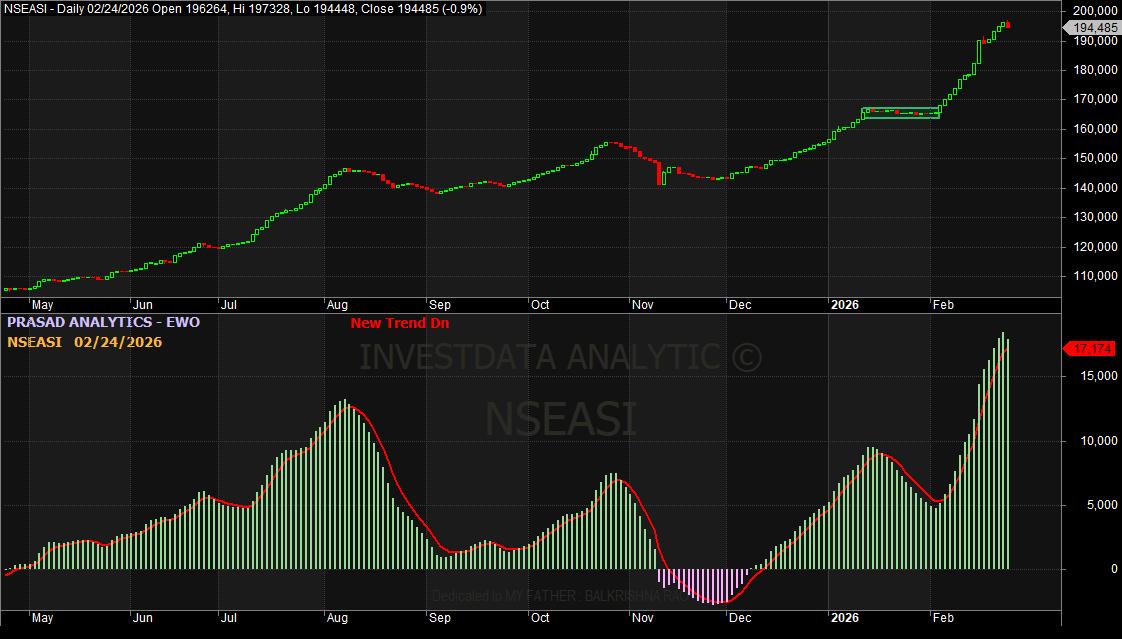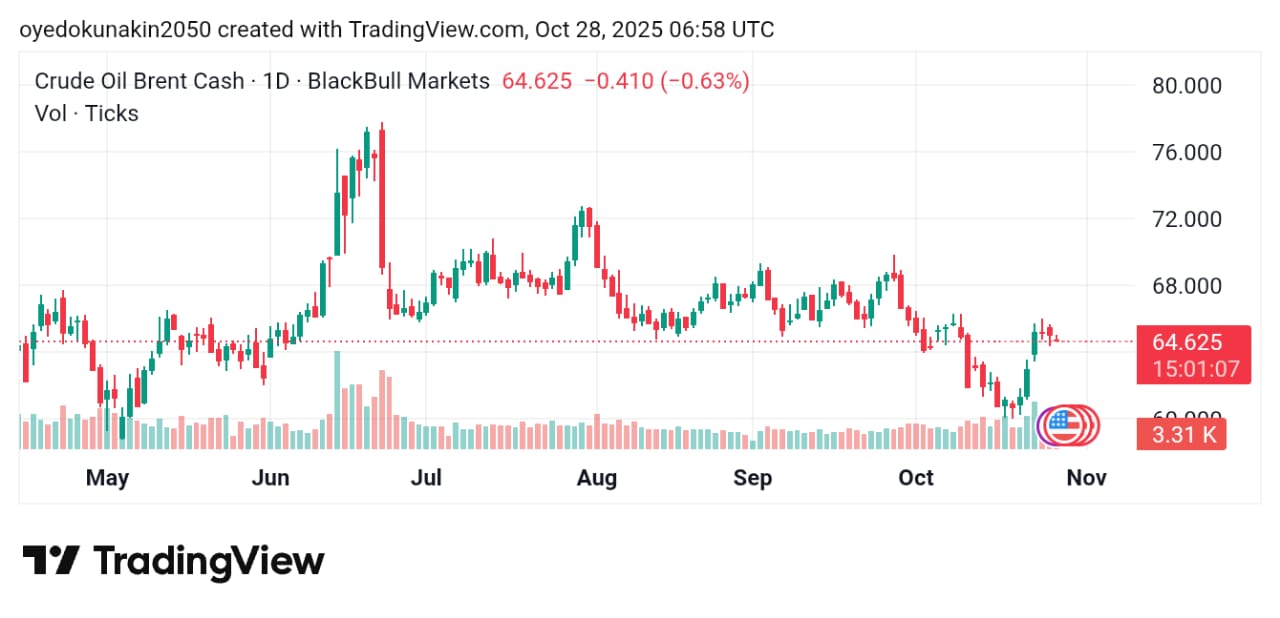
- CBN Retains 11.5% MPR, Seeks Reversal Of Recession
The Central Bank of Nigeria (CBN), on Tuesday ended its two-day Monetary Policy Committee (MPC) meeting, with members voting unanimously to retain all parameters, while allowing recent policy measures to permeate the economy.
In a communiqué issued at the end of the meeting, the last for the year, and signed by Godwin Emefiele, the CBN Governor, members voted to retain the Monetary Policy Rate at 11.5%; the asymmetric corridor of +100/-700 basis points around the MPR; the Cash Reserve Ratio at 27.5%; and Liquidity Ratio at 30%; to observe “the trend of developments.”
Members of the committee applauded the 7.61% growth in aggregate domestic credit in October 2020, as against 7.35% in the previous month, an improvement linked to the CBN’s loan-to-deposit Ratio (LDR) policy.
This, they added, was supported by the apex bank’s “interventions in the various sectors of the economy. Total gross credit by the banking industry stood at N19.54tr as at 13th November 2020, compared with N19.33tr at end-August 2020, (representing) an increase of N290.13bn.”
Between the N15.56tr LDR in May 2019, when the CBN commenced the policy and the latest figure, the communiqué said total gross credit increased by N3.97tr. The loans were granted mainly to the manufacturing, which accounted for N738bn, General Commerce, N874bn; Agric and Forestry, N301bn; Construction, N291bn; and ICT, N231bn; among others.
“The committee noted the reduction in interest rates on loans granted by Deposit Money Banks (DMBs). As at October 2020, 86.23% of total loans granted to over one million customers, by Deposit Money Banks (DMBs) were at interest rates considerably below 20%,” an improvement from 76.43% as of July 2019.
Members also noted the improvement in Financial Soundness Indicators of Nigerian banks with Capital Adequacy Ratio (CAR) at 15.5%, Non-Performing Loans (NPLs) of 5.73%, compared to the regulatory benchmark of 5%; while Liquidity Ratio (LR) stood at 35.6%, as at October, 2020.
Members urged the CBN to sustain its tight prudential regime to bring NPL below its set benchmark.
Meanwhile, giving a background to the decision to retain the parameters, Emefiele said the meeting focused on price stability, and the need to speedily take actions to exit the recession, following which choices available were identified as whether “to tighten the stance of policy to address rising price levels recognizing its primary mandate of price stability; to ease to support output recovery; or to hold to allow existing policy initiatives to permeate the economy.”
Given the various factors considered, members, he said, “voted in line with the most pressing need towards reversing the recession and achieving medium term macroeconomic stability.”
The committee, he continued, said although the appropriate response to rising inflationary pressure would be to tighten the stance of policy in order to moderate upward pressure on prices, it nevertheless, felt that doing this would exert downward pressure on the recovery of output growth. The Committee also felt that tightening would negate the Bank’s desire to expand credit to the real sector at affordable terms, not only to boost production, but also to increase consumer spending.”
Members, he added, felt that “tightening was therefore not the appropriate response at this time.”
The committee also reasoned that although government spending and the CBN’s “expansionary stance would be desirable to support recovery and guide the economy out of recession, it felt loosening would trigger excess liquidity and worsen the inflationary pressure.”
The MPC reasoned that excess liquidity may exert demand pressure, leading to a further depreciation of the naira; just as it “felt that the heterodox policies of the (CBN) targeted at various sectors are showing positive results that would further engender growth.”
“On balance, the MPC was of the view that, although all three options offer some benefits to the economy, the hold option was desirable at this meeting.
The communiqué recalled that the recently announced GDP contraction was expectedly, noting the fact that it had bottomed out, judging by the fact that it moderated significantly from -6.10 to -3.62% in the 2020Q3.
Both the monetary and fiscal authorities, he stressed, “had anticipated the impending recession and had put measures in place for its quick reversion.
“Some of these measures include the Economic Sustainability Programme by the Federal Government and other CBN facilities targeted at households, small and medium enterprises (SMEs), youth empowerment, and reduction of unemployment.”
The meeting urged the government “to maintain its initiatives targeted at reducing unemployment, particularly amongst the youths, citing the recent EndSARS protests and ensuing agitation by hoodlums as potentially disruptive to output growth in Nigeria.”
Members, consequently, expressed “support for the various development finance initiatives of the CBN to stimulate production and reduce unemployment.
MPC further encouraged the Bank to intensify its efforts by increasing funding to more beneficiaries so as to boost consumer spending and accelerate recovery from recession.”
Based on the improved performance in the equities market as a leading indicator of medium-term macroeconomic recovery, the committee urged the CBN to “maintain its policies on exchange rate and financial system stability to attract more investment into the Nigerian equities market.”
It also urged the CBN to sustain its credit support to employment stimulating sectors of the economy “to hasten the recovery of output growth and improve employment particularly among the youths.”
Members also emphasized the need for the CBN “to maintain its regulatory surveillance over the banking system to ensure that nonperforming loans remain low.













